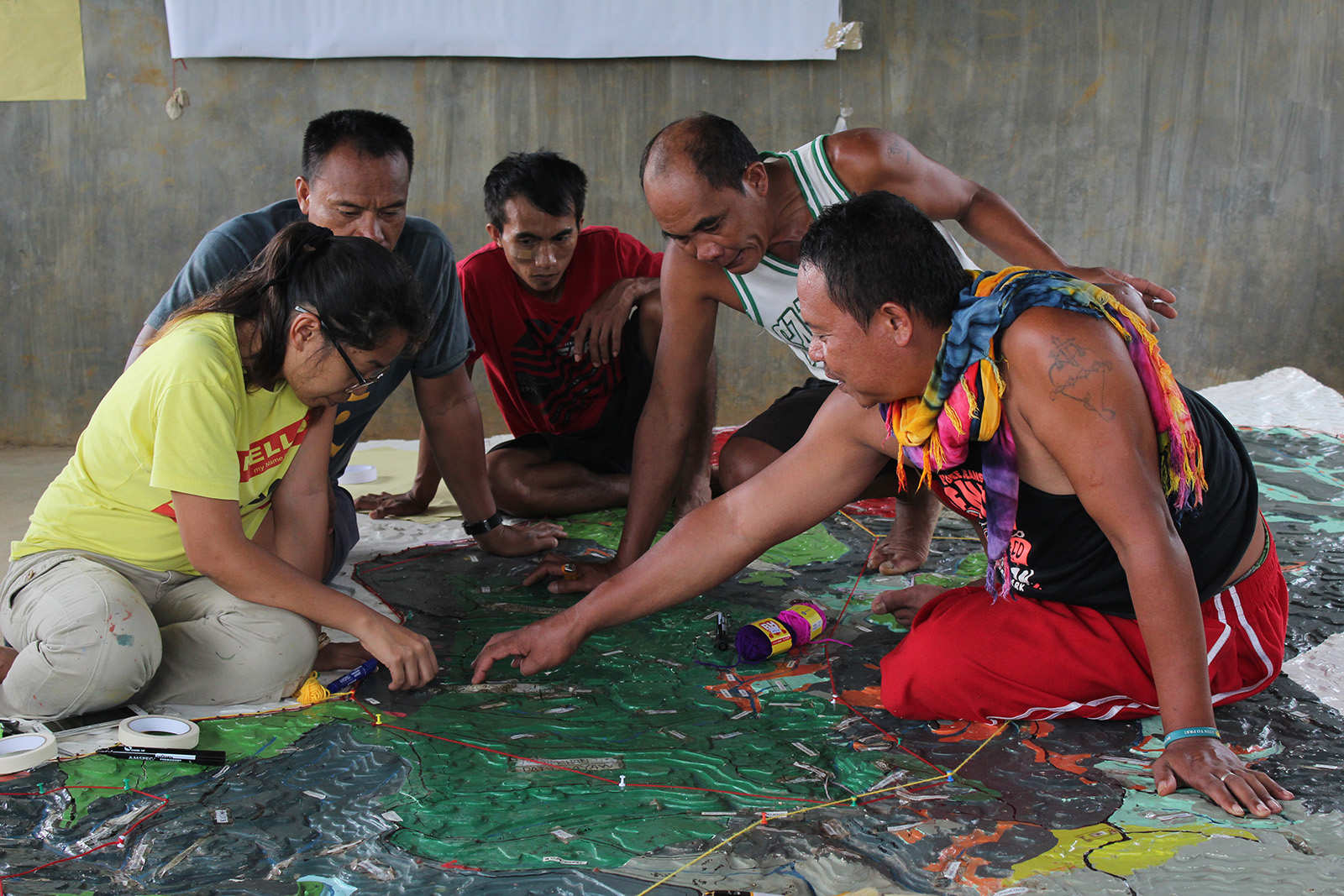Modules also shared with the Inclusive Conservation Academy

Indigenous Peoples Rights Act

Free, Prior, and Informed Consent

Laws on Forest and Wildlife Protection Expanded National Integrated Protected Area System

Writing Project Proposal

Community Royalty

Payment for Ecological Services

Public Speaking

Preparing for Radio and TV Interviews

Facing the Media

How to Conduct Meetings

Basics of a Meeting and Setting the Agenda



